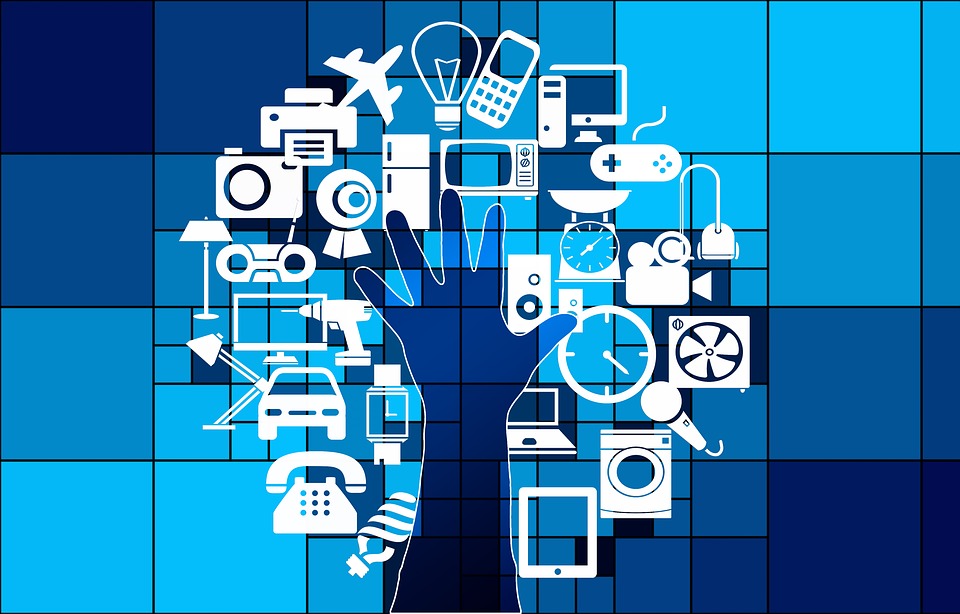Common IoT Threats and the Role of ISPs in Protecting Our Homes

- To fix a problem you first need to know of its existence
- IoT devices are often the target of malware botnets and campaigns
- ISPs need to deal with IoT security from a much broader perspective
The dangers of a smart home are always present, but people might not understand exactly what they are. Knowing the risks is the first step in mitigating the problem, but it's also the first step in recognizing that ISPs should be the ones shielding their customers from this ever-growing threat.
Smart homes are no longer a dream; they are already here. People's houses are chock-full of intelligent devices, but many users don't even realize they already have a smart home. It's easy to reject the notion that a gaming console, smart DVR device, or even a standard router are part of an intelligent house, but that's absolutely the case.
Attacks on (and through) smart devices can take many forms, and threat actors usually want to compromise IoT devices only as a means to an end. That's not to say they're not targeting specific users, but that's rarely the case.
IoT devices have a security deficit
If there's something that the entire cybersecurity community can agree on, it’s that IoT devices are lagging in security. The lack of regulations, the incredible fragmentation of software and hardware, and the companies' haste to bring devices to the market as quickly as possible are just a few reasons for the poor security.
IoT devices are a prime target for botnets, either to infect directly or to use them as C2 servers to control compromised networks. Either way, no one wants their router or any other smart device infected and used in malware-spreading campaigns.
Another common use is to make infected IoT devices part of botnets, which will use them in DDoS attacks. The DDoS-as-a-service market has grown exponentially in the past couple of years, to the point where an attacker can now rent such services and deploy them with no technical expertise. And IoT devices are becoming the backbone of this illegal industry.
Zero-day vulnerabilities exist in many smart devices, and some of that hardware has recording capabilities. Phones, smart TVs, and other devices sporting microphones and cameras are ideal targets for criminals.
These three examples are a small part, as IoT devices can also be used in ransomware attacks, data theft and more.
ISP's role has never been clearer
It's true that people expect mainly one thing from the Internet Service Provider: a stable, fast Internet connection. But to achieve that, it turns out that an ISP should also provide a blanket of security to its users. This is not all that difficult with the right tools.
The Bitdefender IoT Security Platform solution is easy to embed in existing smart routers, allowing ISPs to cover almost all users' security needs. With the platform running in the background, botnets, DDoS attacks and many other security problems become a thing of the past. Users don't have to worry if their devices are secure, and ISPs don't have to worry that hardware about their networks being used in illegal campaigns.
ISP customers that own IoT devices have to know just how secure their environment is. On the other hand, ISPs have to offer their customers safety because the IoT security problem is not going away. If anything, it's getting larger with each passing day, and ignoring it will eventually cost a lot of money.
tags
Author

Silviu is a seasoned writer who followed the technology world for almost two decades, covering topics ranging from software to hardware and everything in between. He's passionate about security and the way it shapes the world, in all aspects of life. He's also a space geek, enjoying all the exciting new things the Universe has to offer.
View all postsRight now Top posts
FOLLOW US ON SOCIAL MEDIA
SUBSCRIBE TO OUR NEWSLETTER
Don’t miss out on exclusive content and exciting announcements!
You might also like
Bookmarks










